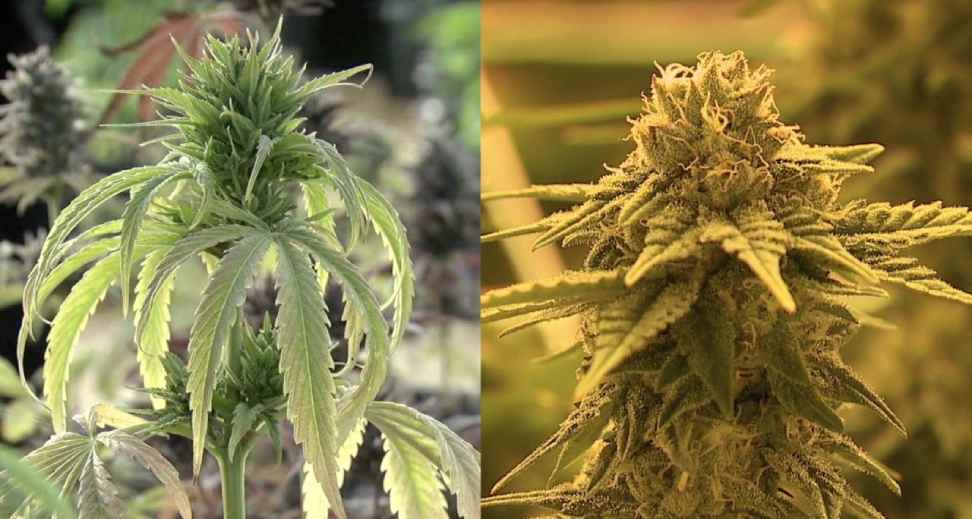Hemp and marijuana, often used interchangeably, are actually two distinct variations of the same plant species, Cannabis sativa. While they share a common ancestor, they’ve been cultivated for different purposes, leading to significant differences in their chemical makeup and legal status.
The Key Distinction: THC Content
The defining characteristic lies in the concentration of a specific compound called tetrahydrocannabinol (THC). THC is the psychoactive component responsible for the “high” associated with marijuana use.
- Hemp: Legally classified as containing 0.3% THC or less by dry weight. This minimal amount doesn’t produce any psychoactive effects.
- Marijuana: Contains significantly higher levels of THC, ranging from 5% to 30% or more. This difference is primarily due to selective breeding practices.
Chemical Composition and Uses
Beyond THC, both hemp and marijuana contain other cannabinoids, including cannabidiol (CBD). While CBD offers potential therapeutic benefits, it’s not intoxicating.
- Hemp: Primarily cultivated for its strong fibers, used in textiles, rope, construction materials, and even biofuels. It also contains significant amounts of CBD, used in various wellness products like oils, tinctures, and edibles.
- Marijuana: Grown for its psychoactive properties and potential medicinal applications. Different strains offer varying THC and CBD ratios, catering to specific user needs.
Legal Landscape
The legal status of hemp and marijuana differs significantly:
- Hemp: The 2018 Farm Bill in the US federally legalized hemp cultivation, processing, and sale, removing it from the Controlled Substances Act. Individual states may have additional regulations.
- Marijuana: Remains federally illegal in the US, classified as a Schedule I drug with “high potential for abuse and no currently accepted medical use.” However, many states have legalized marijuana for medical and/or recreational use, with varying regulations and restrictions.
Understanding the distinctions between hemp and marijuana is crucial for informed decision-making and responsible consumption. While both offer valuable applications, their legal status and chemical composition necessitate clear differentiation.Disclaimer: This blog is intended for informational purposes only and should not be construed as medical advice. Always consult with a healthcare professional before using any cannabis-derived products.

